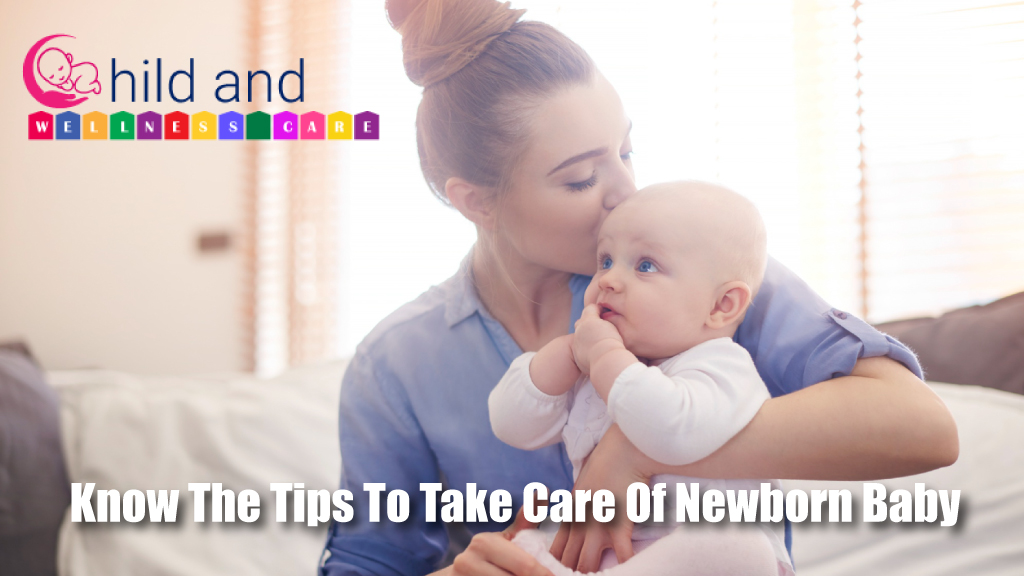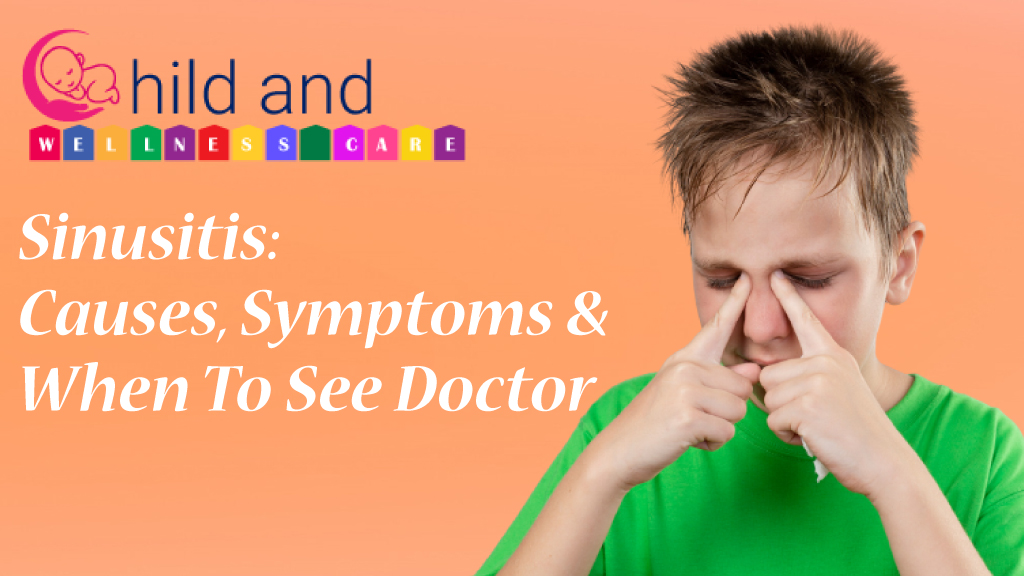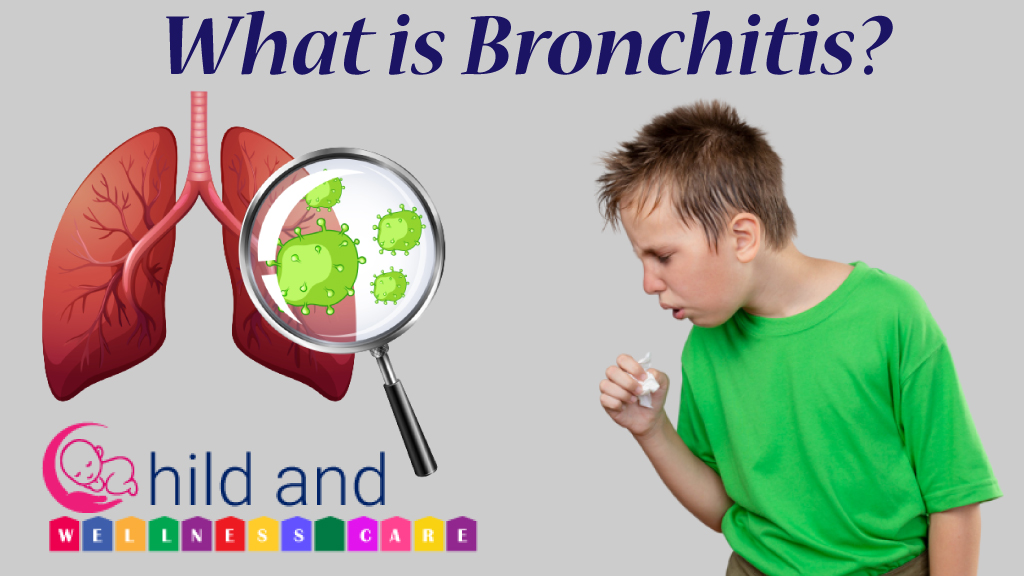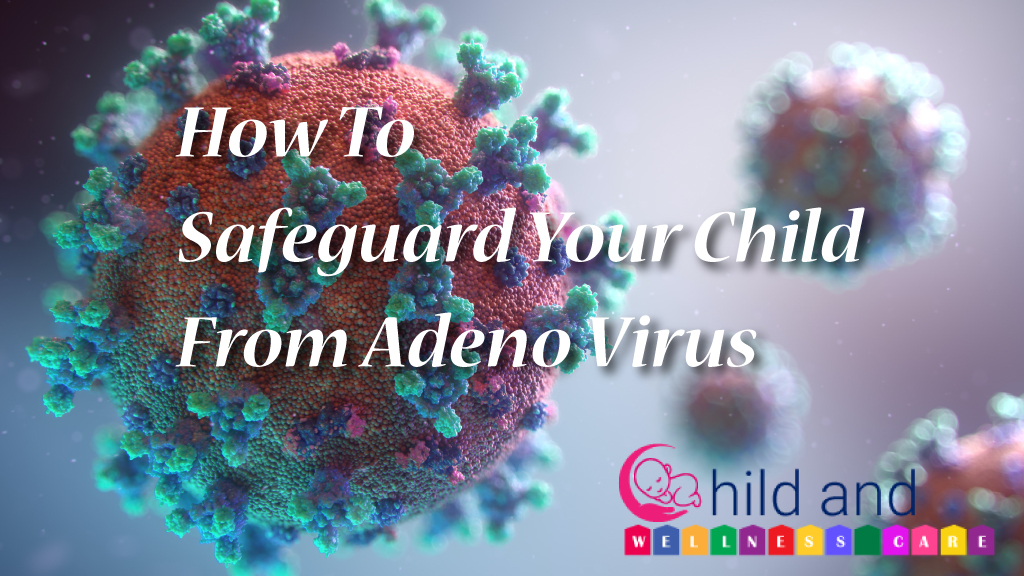6 Common Health Problems & Diseases in Babies
After birth, almost all babies go through different health problems frequently. Though it is difficult to see your baby struggling with diseases, your pediatric doctors will guide you to keep your baby healthy.
In this article, you’ll get to know about some typical child issues, affecting your child now or in the future.
1. Colic
Colic is one of the most common pediatric conditions. It is the period of extreme crying that lasts for at least three hours and happens more than three times a week, normally in infants between two weeks old to four months old. There is no exact cause of colic, but it may be due to indigestion or prejudice to certain foods like milk or wheat.
2. Cold and Flu
Kids are weaker to colds and the flu than adults. They have immature immune systems, so they are weak to fight an infection independently. Child specialists can help keep kids healthy by vaccinating them against these conditions if necessary and prescribing some important medications for fever or pain relief when appropriate.
3. Bacterial Conjunctivitis
Bacterial conjunctivitis usually occurs as redness, watery eyes, and discharge from one eye or both. Touching your child with dirty hands or other objects can lead to bacteria conjunctivitis. It can also happen due to extreme exposure to bright light.
4. Diaper Rash
Diaper rash is a typical skin ailment that results from long contact of the diaper area to urine and/or stool. It can be happened by a lack of air circulation, sensitivity to specific types of diapers, and food allergies.
5. Jaundice
Jaundice is a disease that causes a yellowish color of skin, eyes, and/or whites of the eyes. It can be caused by newborns’ liver not working effectively to release bilirubin from blood or insufficient breastfeeding.
6. Ear Infections
Ear infections are very familiar in children, this is why pediatricians recommend their checkups every six months. They occur when fluid builds up behind the eardrum, leading to pain, redness inside your child’s ear(s), fever, and other symptoms.
———————————————————————————————
If your child is facing this type of condition, then you can connect with a qualified child specialist like Dr. Sovana Hoque, the best pediatrician in newtown kolkata at Child & Wellness Care for the best pediatric clinic in Newtown Kolkata.
6 Common Health Problems & Diseases in Babies Read More »









